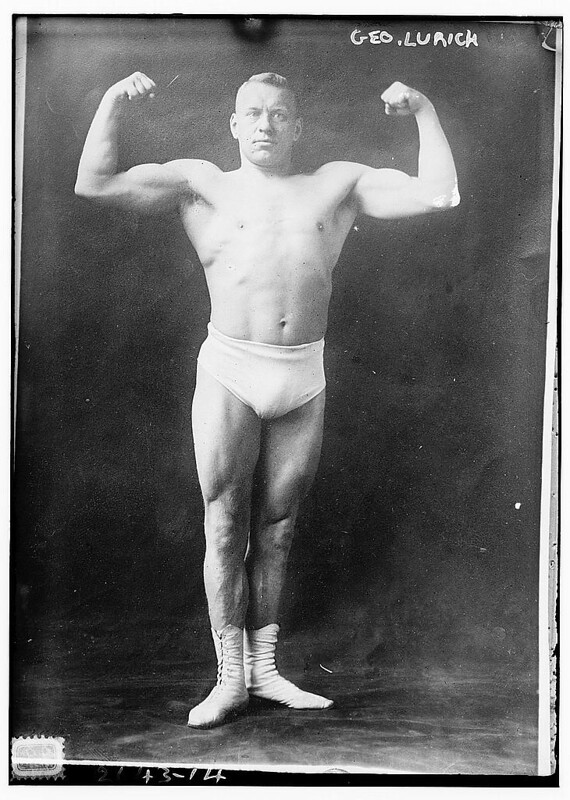THOMAS DUNBAR (1)
By:
January 3, 2023

Gertrude M. Barrows, who would later write under the pen name Francis Stevens, published “The Curious Experience of Thomas Dunbar” in The Argosy in 1904. She was nineteen; this was her first proto-sf story. It’s one of the earliest tales of a lab-created superman — and most likely the first such story by a female author. HiLoBooks is pleased to serialize it here for HILOBROW’s readers.
ALL INSTALLMENTS: 1 | 2 | 3 | 4 | 5 | 6 | 7 | 8.
I came back into conscious existence with a sighing in my ears like the deep breathing of a great monster; it was everywhere, pervading space, filling my mind to the exclusion of thought.
Just a sound — regular, even soothing in its nature — but it seemed to bear some weird significance to my clouded brain. That was thought trying to force its way in.
Then waves and waves of whispering that washed all thought away — till I grasped again at some confused and wandering idea.
It was the definite sensation of a cool, firm hand laid on my brow that lifted me up at last through that surging ocean of sighs. As a diver from the depths I came up — up — and emerged suddenly, it seemed, into the world.
I opened my eyes wide and looked straight up into the face of a man. A man — but everything was swimming before my eyes, and at first his face seemed no more than part of a lingering dream.
And fantastic visions of the Orient! What a face! It was wrinkled as finely as the palm of a woman’s hand, and in as many directions.
It was yellow in hue, and round like a baby’s. And the eyes were narrow, and black, and they slanted, shining like a squirrel’s.
I thought that of them at first; but sometimes when you just happened to look at him, they seemed to have widened and to be possessed of strange depths and hues.
In height he was not more than four feet five, and, of all contrasts, this little, weazened curiosity with the countenance of a Chinese god was clad in the very careful and appropriate afternoon attire of a very careful and appropriate American gentleman!
The long sighing was still in my ears, but no longer at war with thought. I lay in a neat white bedstead in a plainly furnished room. I lifted my hand (it took an astonishing effort to do it), rubbed my eyes, and stared at the man who sat beside me.
His expression was kind, and in spite of its ugliness there was something in the strange face which encouraged me to friendliness.
“What — what’s the matter with me?” I asked, and I was surprised to note the question was a mere whisper.
“Nothing now, except that you are very weak.”
His voice was full, strong, and of a peculiar resonant quality. He spoke perfect English, with a kind of clear-cut clip to the words.
“You had an accident — an automobile went over you — but you’re all right now, and don’t need to think about it.”
“What is it — that whispering noise? Are we near the sea?”
He smiled and shook his head. His smile merely accentuated the wrinkles — it could not multiply them.
“You are very near my laboratory — that is all. Here, drink this, and then you must rest.”
I obeyed him meekly, like a child, weak of mind and body.
I wondered a little why I was with him instead of at a hospital or with friends, but I soon dropped off. I was really quite weak just then.
Yet before I slept I did ask one more question.
RADIUM AGE PROTO-SF: “Radium Age” is Josh Glenn’s name for the nascent sf genre’s c. 1900–1935 era, a period which saw the discovery of radioactivity, i.e., the revelation that matter itself is constantly in movement — a fitting metaphor for the first decades of the 20th century, during which old scientific, religious, political, and social certainties were shattered. More info here.
SERIALIZED BY HILOBOOKS: James Parker’s Cocky the Fox | Annalee Newitz’s “The Great Oxygen Race” | Matthew Battles’s “Imago” | & many more original and reissued novels and stories.
